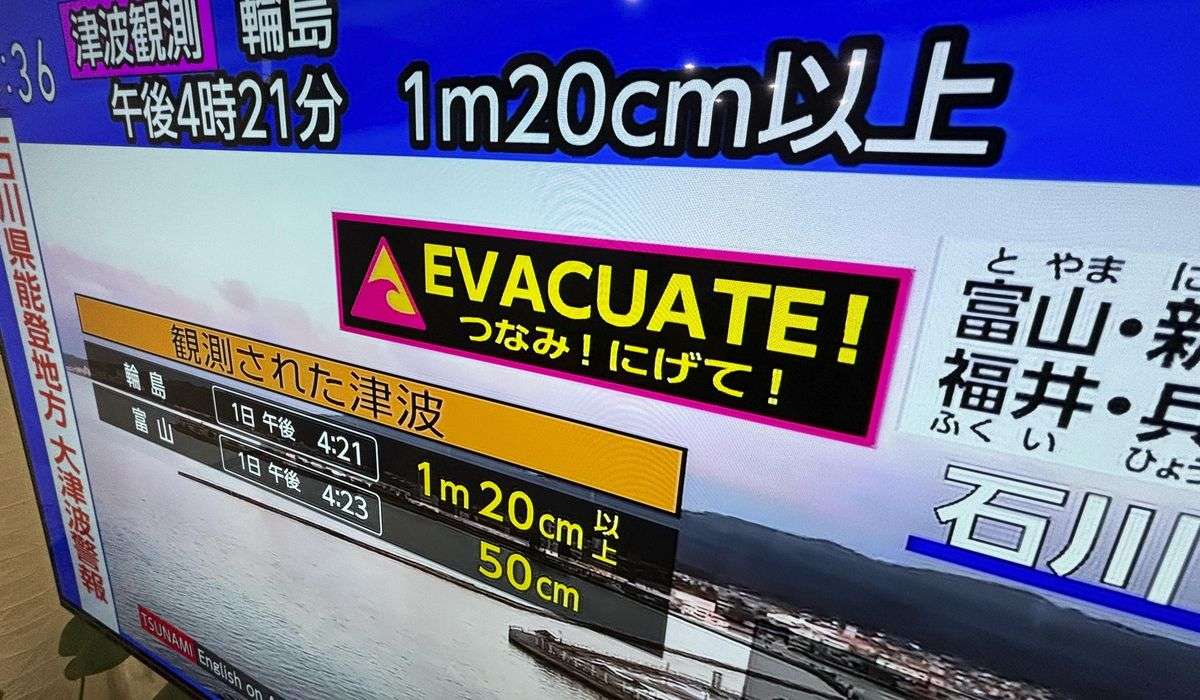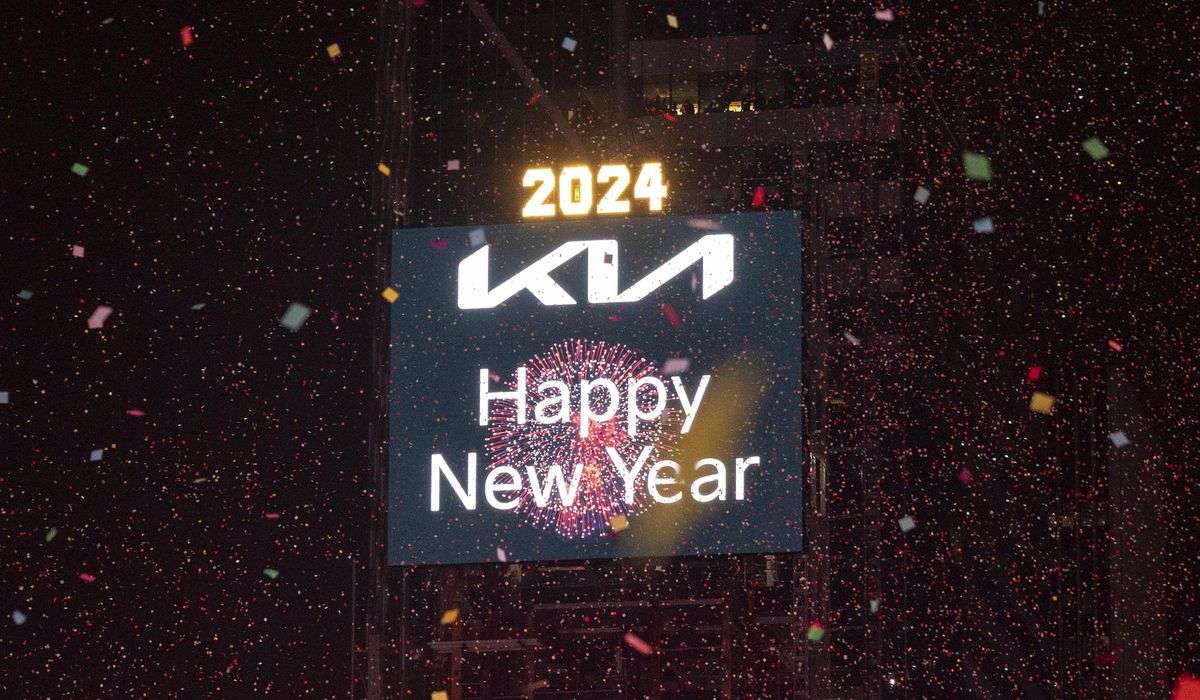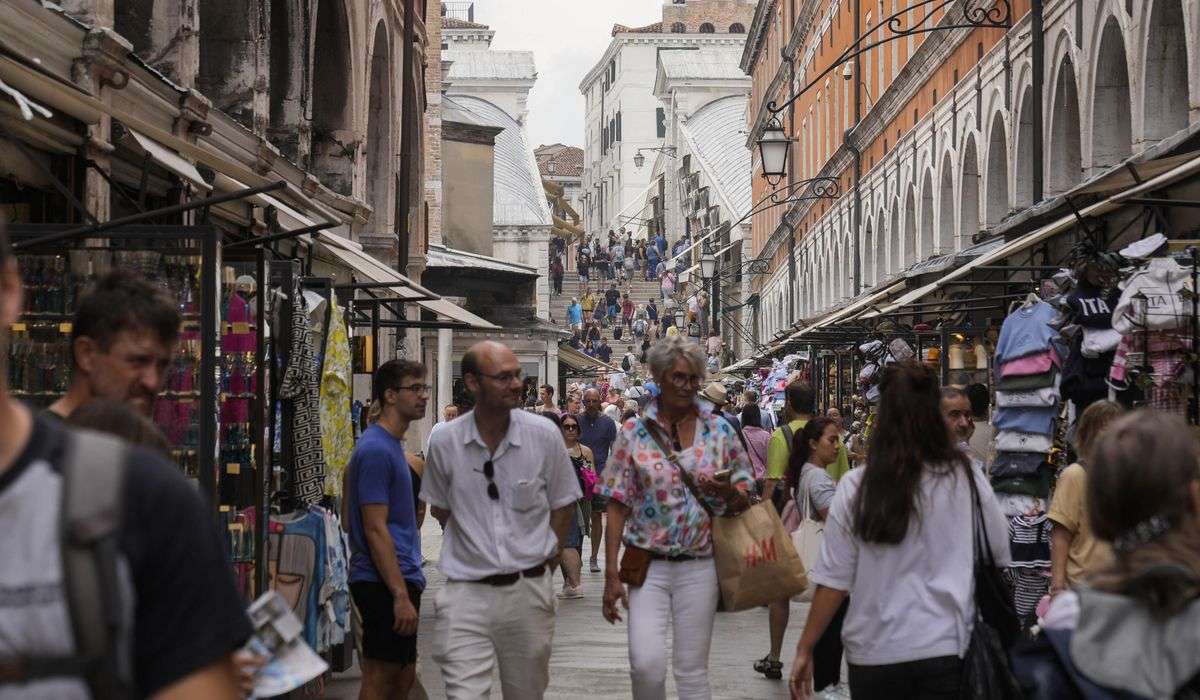A virtual menagerie: How conservation and rescue efforts can connect us with wildlife around the world
By Andrea Sachs,
Game Rangers International
Happi is an orphaned orangutan in Borneo who loves papaya and building nests with sticks. Dimples is a koala in Australia who lost her mother at a young age but found comfort in the arms of Chris Hemsworth. Batmann is a blind African penguin with oil-slicked feathers who is now living happily ever after with his partner, Penelope, in a South African sanctuary. Though these animals have different backgrounds — and taxonomy — they share a common trait: They are all available for symbolic adoption.
Sheltering in place has significantly shrunk our wildlife-viewing opportunities. But you don’t need to travel to be part of the larger animal kingdom. Conservation and rescue groups around the world offer sponsorship programs for a variety of species that often serve as mascots of their home countries: lemurs in Madagascar, elephants in Zambia, coqui in Puerto Rico. Your donation will help the organizations with their rescue, rehabilitation and release operations as well as support the critters unable to survive in the wild. Bonus: Many sanctuaries were open to the public before the pandemic, and you can possibly meet your adoptee (or its relative) once travel resumes.
“Symbolically adopting animals allows these projects to continue to protect wildlife without placing volunteers, staff or animals at risk,” said Meredith Whitney, an animal rescue program officer with the International Fund for Animal Welfare. “It’s everybody’s hope that the remote support now will mean that these organizations will still be around once travel is again safe and people can visit in person to learn about their good work.”
As an expression of their gratitude, the nonprofits will send a gift, such as a plush toy, photo of your newest family member and certificate of adoption. However, before you make room on the mantel for a framed image of your Vietnamese pangolin or Tasmanian devil, some research is required. You don’t want your funds ending up in the wrong pockets. Whitney said the organization should be a legitimate sanctuary and not involved in breeding, buying or selling wildlife. Its primary goal should be to return the animal to the wild when possible and provide a lifetime of care when it isn’t. The group should also back initiatives that tackle such threats as poaching and habitat loss.
For an extra layer of assurance, Whitney said the group should be accredited by or affiliated with an organization of high repute, such as the Global Federation of Animal Sanctuaries, the World Wildlife Fund or Humane Society International. This seal of approval isn’t mandatory, but she warns: “It just means that you’ll have an extra research burden to ensure that the organization is doing positive work for the welfare and conservation of the animals.” Here is a snapshot of adoption programs around the world.
Laetitia Demarcy
AmaZOOnico, a wildlife rescue center in Ecuador, has a variety of animals looking for adopters, including an ocelot named Polen. The one pictured above is Ankas. She was left in a cardboard box at the door of the minister of the environment.
Ecuador
AmaZOOnico, one of the biggest rescue centers in Ecuador, has several animals seeking adopters, including Polen, a young ocelot; Biala and Solana, a pair of scarlet macaws; and Poppy, a tapir. For something a little wilder, you can adopt a group of squirrel monkeys known to raid the refuge’s food supply. To keep them out of the pantry, the staff feeds them off-site. Adoptions range from $30 to $60 a month.
iStock
With Arcas Wildlife Protection, sponsor an entire nest of sea turtles in Guatemala for $25.
Guatemala
Why stop at one sea turtle when you can help raise an entire future generation of olive ridley and leatherbacks? Arcas Wildlife Protection created the Sponsor-a-Nest program to counter the perils (overfishing, egg snatching) to sea turtles on the Pacific coast of Guatemala. When the price for eggs drops, usually during nesting season, staff members and volunteers will hit the beach and purchase the precious goods from local collectors. The organization will bury the eggs at its hatcheries and, about two months later, bid the hatchlings adieu as they swim off to sea. A $25 donation covers a nest of about 100 eggs.
Discover Puerto Rico
The coqui, a very vocal tree frog, makes some noise in Puerto Rico.
Puerto Rico
You might think reggaeton is the sound of Puerto Rico, but it isn’t: Coquis dominate the airwaves, especially from dusk to dawn, when the male tree frogs sing their “co-kee” love ballad. For its Adopt a Coqui program, Discover Puerto Rico partnered with Conservación ConCiencia, a local nonprofit committed to environmental causes. A $25 donation goes toward conservation efforts on the island.
Paradise Country
To help you find your koala mate, the Australian Koala Foundation created a matchmaking test. Maybe your “one” will be Taro.
Australia
The koalas with the Australian Koala Foundation are more than cute; they have distinctive personalities, too. To find your “one,” flip through the profiles of the joeys, adults, wild koalas and mom-and-baby duos, or take the quick matchmaking test. I was paired with Wattle, who “loves her friends almost as much as she loves napping.” Donors receive an open invitation to visit their koala in its habitat. (Park admission fees are extra). Participants must commit to a year of monthly payments — about $23 for single koalas and $38 for pairs. Friends of the Koala practices the three Rs (rescue, rehab and release) in the Northern Rivers region of New South Wales, Australia. Among its six adoptees: the three-legged Triumph and Dimples, who shared that special moment with Thor (a.k.a. Hemsworth). Twelve-month packages start at $38. Bonorong Wildlife Sanctuary runs Tasmania’s largest wildlife rescue service. Sponsor a Tasmanian devil, wombat or Forester kangaroo for about $38 a year.
Cameroon
Limbe Wildlife Center has saved hundreds of animals from the bush meat, black magic and pet trade. It has a full house of endangered great apes and monkeys, including western lowland gorillas, chimpanzees, drill monkeys and a mustached monkey named Kiki. The center is also leading the national rescue, rehabilitation and release program for the endangered African gray parrot. Since its founding in 1993, it has rescued more than 3,000 parrots, and last year it returned 125 birds to the wild. Sponsorships start at $5 a month or $120 a year.
Guinea
The Chimpanzee Conservation Center was established more than 20 years ago to help chimps bought and sold in the pet trade, which decimated the country’s wild population. Seven orphaned chimps are looking for sponsors, including Missy, who lost her mother to poachers; and Coco, who spent 14 years entertaining guests at a hotel in Conakry, the capital. From $5 a month or $60 yearly.
iStock
To help the lemurs in Madagascar, consider co-owning a baobab tree at the Reniala Nature Reserve.
Madagascar and North Carolina
At the Lemur Rescue Center, scan the bios (with a French translator) to find your lemur-mate: Maxi is calm, while Laurent is “lively when it comes to taking food from others.” The lemurs reside at the Reniala Nature Reserve in southwest Madagascar. Annual donations run from $73 to $1,225. You can also support the primates by becoming a co-owner of a baobab tree at Reniala, complete with co-ownership title. Prices start at about $25 for the “carrot” tree — so named for its shape, not its flavor. The Duke Lemur Center in Durham, N.C., invites adopters to select one of eight species living at the facility (out of a total 14), including the aye-aye, blue-eyed black lemur or Coquerel’s sifaka, which resembles a startled monkey in a panda bonnet. Packages start at $50, which goes toward the $8,400 annual cost for one resident. Commit to the full amount and earn the VIP honor of picking your individual lemur.
[Where the whales are: Discovering marine mammals from shore along the Pacific Coast]
Malawi
The Lilongwe Wildlife Trust, the country’s only wildlife sanctuary, provides a safe space for animals of all walks — and flights — of life. The nature reserve houses about 200 critters, including Frank, a blue monkey; Sheila, a Nile crocodile; Spotty, an eagle-owl; Tao, a vervet monkey; and a trio of yellow baboons named Fox, Pretzel and Mwayi. Five serval cats also call the refuge home, plus a constant stream of pangolins, the world’s most trafficked animal. Adoption for the year is about $34 for all of the animals except the servals, which cost $54.
South Africa
The Southern African Foundation for the Conservation of Coastal Birds works with about two dozen species of seabirds each year, including the endangered African penguin — the continent’s only penguin. With its Adopt a Penguin program, choose from one of three options: sponsor a permanent resident, such as Flo or Norbert (about $68), name a rescued penguin or chick ($41) or adopt an egg ($21), which the staff will raise until the bird is ready to waddle off into the wild. Donors can pop in and meet their penguin while it is residing by the front entrance of the Cape Town or Port Elizabeth center or, if it is in rehab, see it on a tour of the facility (about $4). Egg parents don’t have visitation privileges, but the organization can share its release date with you.
Zambia
Game Rangers International is dedicated to protecting Zambia’s natural resources, including caring for 20 orphaned elephants. Six of the pachyderms — Kasewe, Nkala, Ludaka, Lufutuko, Olimba Mtima and Chamilandu — are adoptable. Pay the minimum donation of $65 per year or round up to $100 and receive a thank you gift that includes a mounted pencil sketch of your elephant and a crochet toy made by Zambian women at Little Ndaba, a local toy company.
Nepal
With the Red Panda Network, you can double down on the good works: Support a red panda and help restore its habitat through the Plant a Red Panda Home initiative. Since 2019, the project has added nearly 50,000 trees in Nepal’s forests. Six red pandas are seeking adoption, though funds benefit all wildlife in the Himalayas, including clouded leopards and black bears. For an annual $50 contribution, you will receive a small plush red panda; for $100, select from a T-shirt, large stuffed animal or calendar.
Save Vietnam’s Wildlife
Save Vietnam’s Wildlife has rescued more than 1,300 pangolins, including Polly. The pangolin is the most trafficked animal in the world.
Vietnam
Save Vietnam’s Wildlife has five animals needing sponsors: Fishcake, an Asian small-clawed otter; Sang, a leopard cat; Lucik, an Owston’s civet; Mr. B, a binturong; and Polly, a pangolin. Since its founding in 2014, the rescue center has saved more than 1,300 pangolins and returned 60 percent of the scaly mammals to the wild. Unfortunately, Polly lost a leg and requires permanent care, which includes a lot of frozen ants. Donations start at $50.
iStock
The Orangutan Project works with rescue centers in Borneo and Sumatra that provide the great apes with food and vet care, plus teach them jungle skills.
Borneo and Sumatra
The Orangutan Project supports a network of rescue centers in Borneo and Sumatra that take in orphaned great apes. Among the stars: Sam and Cupcake, a mother and son; and besties Rocky and Rickina. Pay $10 a month or $120 for the year. Donations go toward food, vet care and jungle school, where the shaggy-haired students learn how to be proper orangutans.
iStock
The Whale and Dolphin Conservation focuses on orcas and humpbacks, both of which are part of the organization’s adoption program.
Atlantic and Pacific oceans
The Anderson Cabot Center for Ocean Life at the New England Aquarium is focused on the North Atlantic right whale watch. The species is dwindling, with the latest estimates falling below 400. The center has highlighted seven whales for adoption, including Resolution, a male born on New Year’s Day in 2005. Four levels of sponsorships are available, starting at $50. The Whale and Dolphin Conservation runs an orca and humpback whale adoption program. In return for your $50 year-long donation, you will receive a monthly update on your whale, plus a family tree. Feel free to pencil yourself in.
More from Travel:
This year, give a holiday gift that evokes your favorite city or state
Not getting any travel postcards? A project in Mali delivers delight — and a lifeline.
Nature takes a beating from a different kind of tourist in Tahoe






